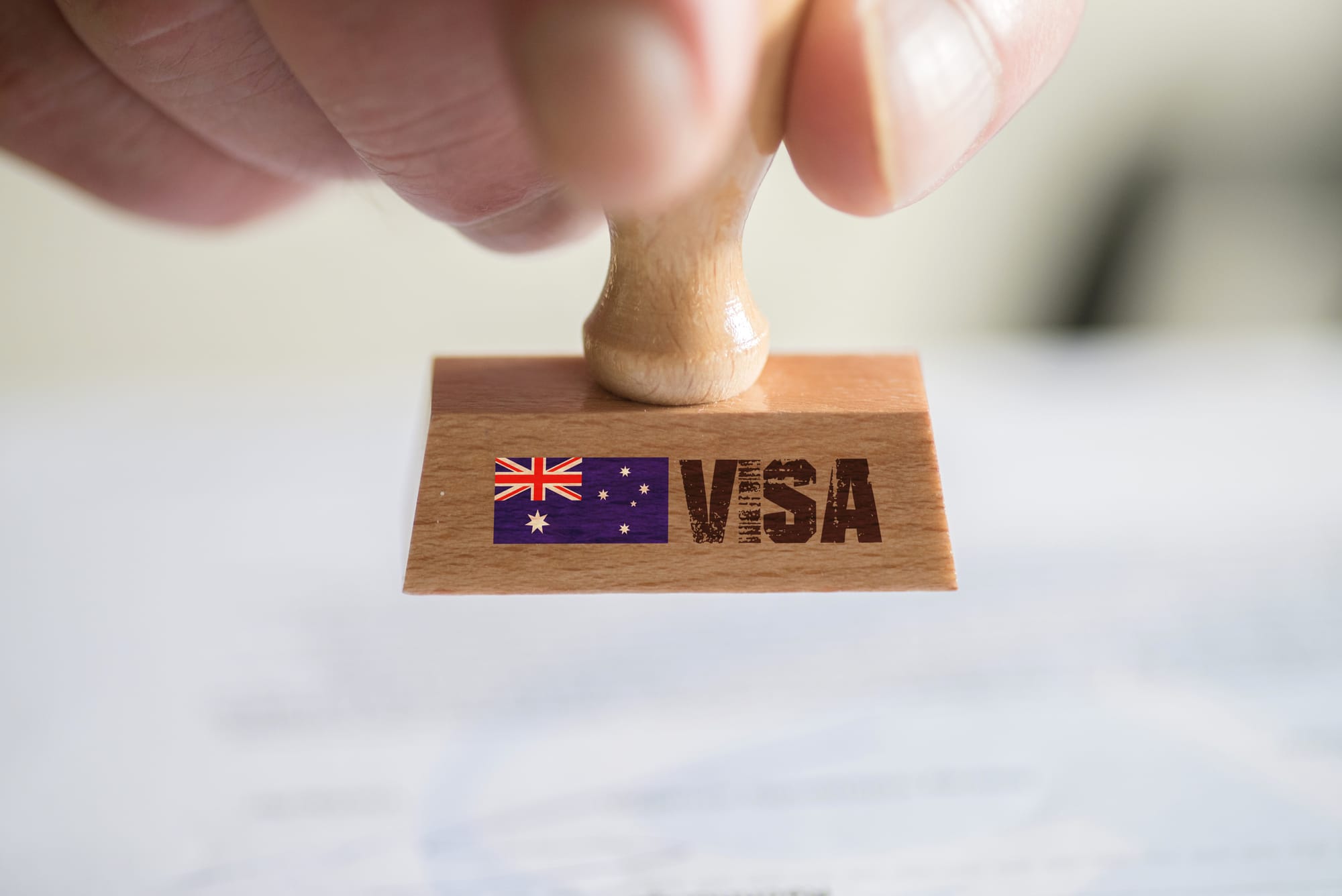
Last weekend, the Minister for Immigration, Citizenship and Multicultural Affairs, Andrew Giles, and the Minister for Social Services, Amanda Rishworth, announced a change to the Migration Regulations 1994.
The change is very specific to the Family Violence Provision (FVP), which is a “safety net” designed to support women who hold partner visas, and who are on a pathway to permanent residency to still access PR if they can demonstrate to the department that their relationship broke down due to domestic and family violence (DFV).
In the statement, this change is heralded as supporting migrant women and, in particular, temporary visa holders.
It’s positive to see recognition from the Commonwealth government that the existing safety net needs amendment. We would argue, however, that this change is incremental in the face of the need for a total system overhaul.
There are specific vulnerabilities facing migrant and refugee women experiencing #FamilyViolence- particularly those on temporary visas. Removing further barriers to reporting is excellent- but much more needs to change. https://t.co/vTl8QgvutQ— inTouch (@inTouchVic) April 3, 2023
Nationally, there’s been work for many years by the National Advocacy Group on Women on Temporary Visas Experiencing Violence (NAG) to advocate for large-scale reform.
At the end of 2022, the NAG released the second Blueprint for Reform, which detailed a significant reform agenda focused on women’s safety.
A core ask of that blueprint is a move away from the focus on the FVP as a “safety net” only available to women on partner visas, towards a framework that ensures any temporary visa holder who experiences DFV can access a temporary visa they can hold for three years.
Read more: The barriers to identifying intimate partner sexual violence
Why would this be necessary?
This change is necessary in part because temporary visa holders cannot access the scale and level of support that permanent residents and citizens can when they seek support in the context of DFV.
This was recognised in the Victorian Royal Commission into Family Violence, which handed down its findings in 2016, and remains an issue – income support, access to housing, access to medical care, and other infrastructure is either limited or denied because of the visa that women hold.
These issues have also been identified in the recommendations made by successive inquiries in Australia for more than a decade (for example, ALRC 2011 ; Commonwealth of Australia 2019 , 2021).
Perpetrators exploit temporary status
We’ve led national research that has demonstrated temporary visa holders experience high rates of DFV. Critically, this research shows their temporary status is used as leverage by perpetrators (including partners, former partners and, often, extended family-in-law) to control and abuse women.
In 2021, the first self-report national study of migrant and refugee women’s safety and security found that:
- 40% of temporary visa holders reported DFV, compared to 32% of Australian citizens and 28% of permanent visa holders
- temporary visa holders were most likely to experience controlling types of behaviours, with 36% reporting at least one controlling behaviour
- migration-related controlling behaviours were not exclusively reported by temporary visa holders, but the majority of respondents who reported migration-related threats and abuse were temporary visa holders.
(See a summary report here.)
In other research, we’ve led (this 2017 study, this COVID-impact study, and this qualitative study of temporary migrants), it’s been consistently demonstrated that temporary migration status is a major factor in the perpetration of violence, and also places significant limits on prevention and support responses.
Our research has demonstrated that “perpetrators effectively weaponise the migration system to threaten, coerce and control women in different ways, most often with impunity”.

Policymakers must prioritise women’s safety
The current changes to the FVP will not disrupt this practice; the ways in which perpetrators are protected and enabled by the migration system need to be recognised by policymakers in order to work towards reform that prioritises women’s safety and holding perpetrators to account.
To address this, we need to examine the whole system, rather than tinkering with specific aspects of the FVP.
We note that over the past decade, there have been changes to the evidentiary requirements concerning the FVP.
There’s little data, however, to show the extent to which these have enhanced accessibility and support for migrant women.
Read more: Why the work to hold family violence perpetrators accountable is only just beginning
Further, since the implementation of the FVP in the 1990s, we’ve not seen substantive changes to expand its reach to priority groups who remain ineligible, such as women holding prospective marriage visas who have not yet married their sponsor, or women on partner visas whose status has been intentionally altered by perpetrators using migration-related controlling behaviours.
In late 2022, the Commonwealth, state and territory governments committed to “work together to deliver on our shared vision to end gender-based violence within one generation”.
This was a bold commitment. It must include all temporary visa holders if we’re to achieve this goal.
Whole-of-system reform is needed
We would argue that protecting temporary visa holders requires substantive, whole-of-system reform. Piecemeal intervention won’t go far enough to address underlying structural conditions that undermine women’s searches for safety, and give perpetrators additional “leverage” for control.
We hope this first step is indicative of a commitment to bold and visionary change that puts women’s safety first, regardless of their visa status. We caution that without a commitment to address the whole of the migration system and its responses to DFV, we’ll be leaving migrant women behind, and at greater risk.
This approach would undermine the work undertaken to date to respond to gendered violence, its complex drivers, and the safety of all who experience it.





